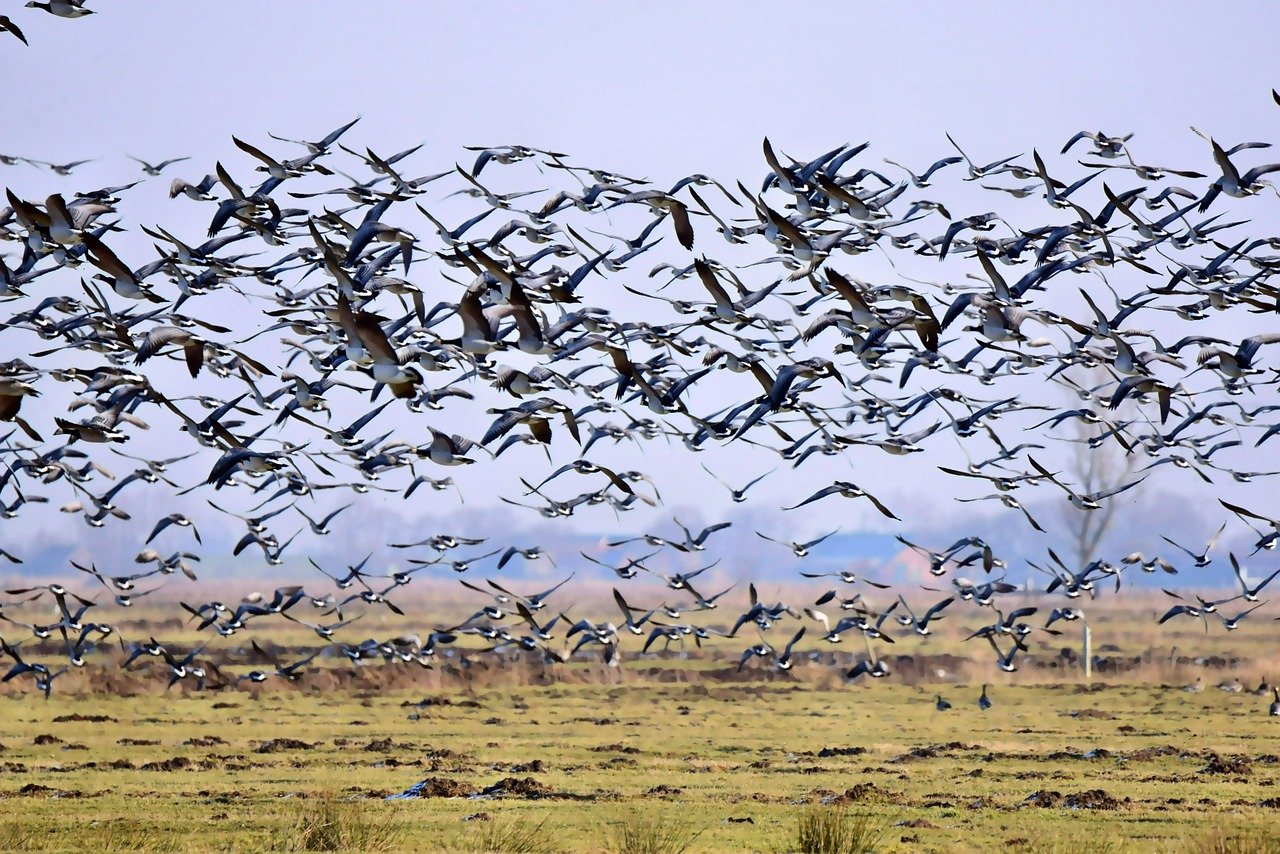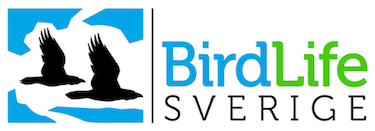Inventeringar av höstrastande och övervintrande gåspopulationer i Sverige 1977/1978—2011/2012
DOI:
https://doi.org/10.34080/os.v23.22582Nyckelord:
habitatval, Anatidae, vinterekologi, lantbrukAbstract
Field choice was recorded during counts of geese in South-west Scania, South Sweden in autumn (October and November) and in winter (January), 1977/1978—2011/2012. Sugar beet spill was the most important field type in autumn and during the last ten years also in winter. Bean Geese Anser fabalis used this food source when the study started while Canada Geese Branta canadensis, Greylag Geese Anser anser, White-fronted Geese Anser albifrons and Barnacle Geese Branta leucopsis followed during the years 1987—2001. Potatoes were mainly used when fields with sugar beet spill were unavailable. Cereal stubbles were mainly used in autumn and to a quite low extent. Winter cereals were heavily used by most species in both autumn and winter during the first 15 years but less so thereafter. Grasslands were mainly used in winter, to a large extent by White-fronted Geese and to a quite high extent by Bean Geese and Barnacle Geese. The total use of oilseed rape was low, mainly by Canada Geese that utilised fields with no-till when the ground was snow-covered.
Nedladdningar

Downloads
Publicerad
Referera så här
Nummer
Sektion
Licens
Författaren/författarna innehar copyright för varje enskilt bidrag, men samtliga bidrag är publicerade under en Creative Commons-licens, så att vem som helst kan dela och återanvända bidraget förutsatt att copyright-innehavaren erkänns.







